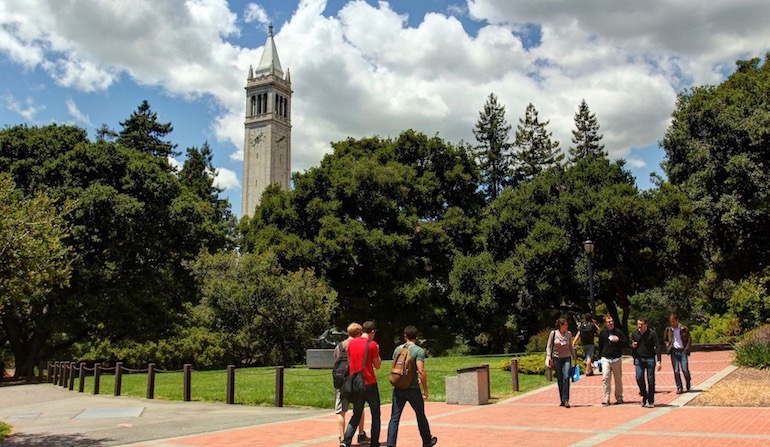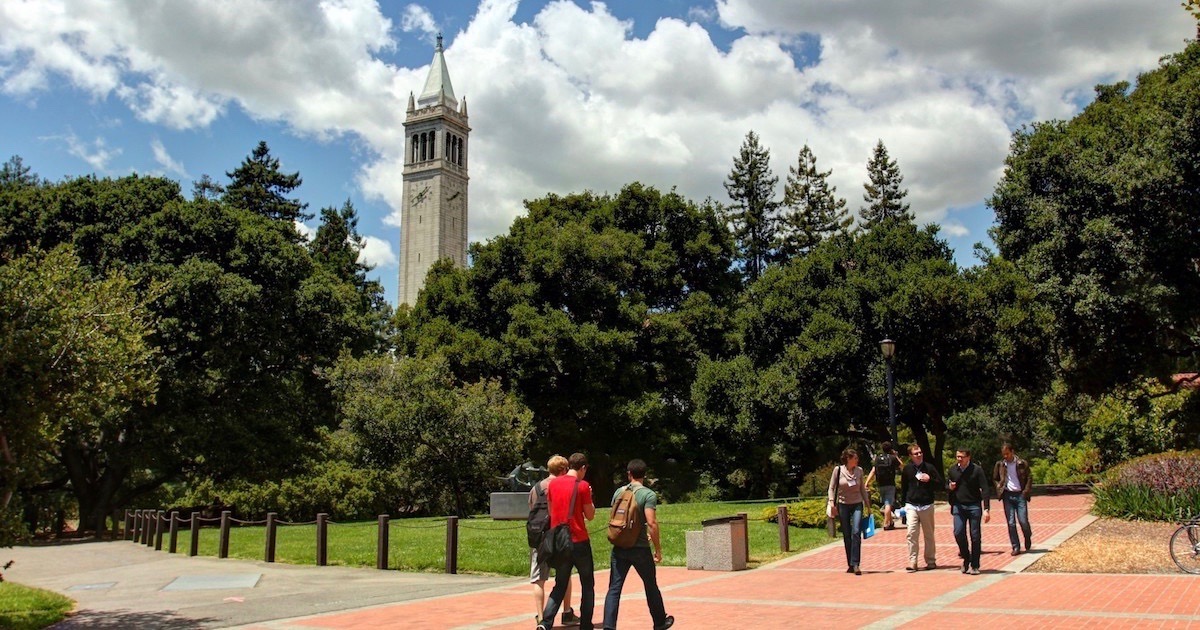 Evolution
Evolution
Meeting Phil Johnson at Berkeley


Editor’s note: Phillip E. Johnson, Berkeley law professor and author of Darwin on Trial and other books, died on November 2. Evolution News is currently sharing remembrances from Fellows of Discovery Institute. Dr. Wells is the author most recently of Zombie Science: More Icons of Evolution.
In 1991 I was a graduate student in molecular and cell biology at the University of California at Berkeley when I heard that a Berkeley law professor had just published a book critical of Darwinism. Although I was quietly a critic of Darwinism, I resisted reading the book because most of the critiques of Darwinian evolution I had already seen were either focused on the age of the Earth or they were embarrassingly shoddy. It seemed unlikely that a law professor could do any better.
A Colorful Past
Then a friend of mine, a biochemist living in Berkeley, told me the book was better than most, so I picked up a copy of Phillip E. Johnson’s Darwin on Trial. Once I started reading I couldn’t put it down. The book was so good that when I finished I wanted to stand up and cheer. The next day I telephoned the author (whose office was just across the campus), introduced myself, and I suggested we meet for lunch. I had been an anti-Vietnam War activist at Berkeley as an undergraduate back in the 1960s, and I heard that Professor Johnson was politically conservative, so I wasn’t sure how he might react to my anti-war past. So I invited my biochemist friend (who knew Johnson personally) to come along and act as a go-between. The three of us had a delightful time over lunch at the Berkeley Faculty Club. Phil was undeterred by what he came to call my “colorful” past, and we soon became good friends.
Although I had been critical of Darwinism for over a decade, before reading Darwin on Trial I had not questioned Darwin’s idea that all living things are descended from a common ancestor. I had tacitly accepted the Darwinists’ standard distinction between the “fact” of universal common ancestry and Darwin’s “theory” that a mechanism of random variations and natural selection produced all the features of living things — and I had concentrated my criticisms on the latter. As a biology graduate student, though, I had seen first-hand some of the alleged evidence for the “fact” of common descent. That and Phil’s book convinced me that the evidence for universal common ancestry was meager, at best, and that the “fact” of evolution was a philosophical assumption rather than an empirical observation.
“Fact” and Theory
There is no real distinction between the “fact” of evolution and Darwin’s theory. When we posit that the discontinuous groups of the living world were united in the remote past in the bodies of common ancestors, we are implying a great deal about the process by which the ancestors took on new shapes and developed new organs. Ancestors give birth to descendants by the same reproductive process that we observe today, extended through millions of years. Like begets like, and so this process can only produce major transformations by accumulating the small differences that distinguish offspring from their parents. Some shaping force must also be involved to build complex organs in small steps, and that force can only be natural selection. There may be arguments about the details, but all the basic elements of Darwinism are implied in the concept of ancestral descent.
I agreed then, and I still agree.
Photo credit: Campus of U.C. Berkeley, by John Morgan via Flickr (cropped).
